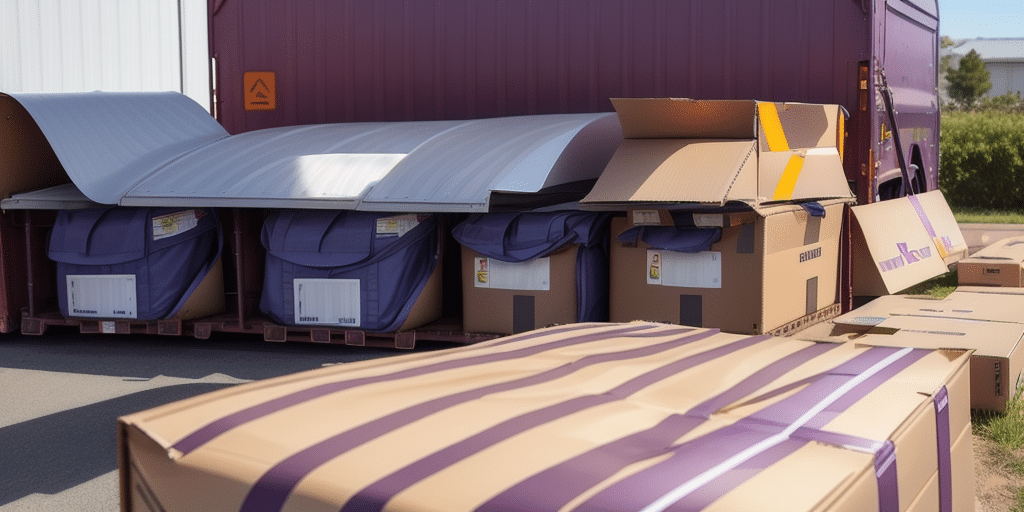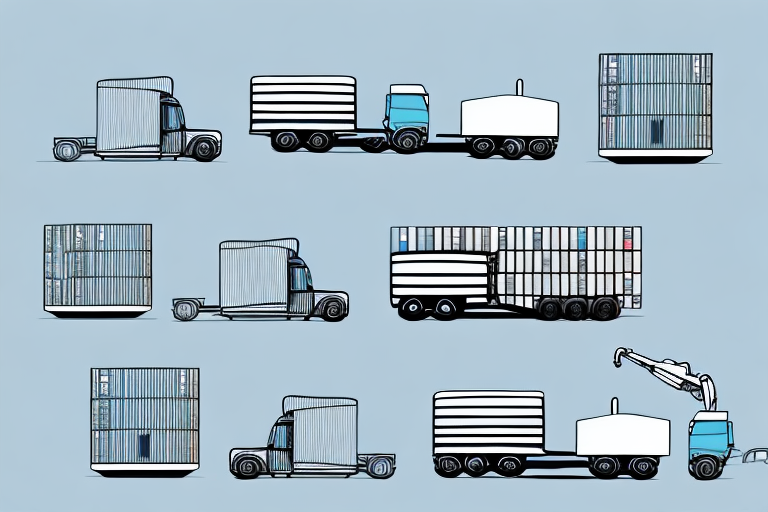Understanding the Benefits of FedEx Liability Insurance
For small business owners, ensuring that products reach customers on time and in pristine condition is crucial. Many entrepreneurs rely on FedEx's dependable shipping services to achieve this. However, unforeseen accidents during shipping can occur, making it essential to have adequate insurance coverage. This article delves into the advantages of FedEx liability insurance and why it's a vital investment for every shipper.
What is FedEx Liability Insurance?
FedEx liability insurance is an optional coverage offered to customers shipping packages through FedEx. It safeguards businesses against losses or damages to packages during transit, delivery, or storage. The coverage amount varies based on the shipment's declared value, providing financial protection tailored to the specific needs of each shipment.
- Coverage Includes: Loss or damage due to accidents, theft, and other unforeseen events.
- Exclusions: Items such as cash, jewelry, and antiques are not covered. Additionally, failure to declare the full value of the shipment can limit coverage.
Thoroughly reviewing the policy's terms and conditions is recommended to ensure it aligns with your business requirements.
Why Liability Insurance is Essential for Every Shipper
Even with FedEx's strong reputation for timely deliveries, packages can still sustain damage or get lost during transit. Liability insurance offers business owners protection against such unexpected losses, especially when shipping valuable or fragile items. This insurance not only provides peace of mind but also safeguards your business's financial health.
Moreover, liability insurance can shield your business from potential legal actions. For instance, if a package causes property damage or injury, the insurance can cover associated costs and legal fees, preventing significant financial strain on your business.
Coverage Details of FedEx Liability Insurance
FedEx liability insurance covers losses or damages to packages during transit, delivery, or storage, with protection extending up to $100,000 per package. This includes coverage for:
- Accidental damage
- Theft
- Other unforeseen circumstances
Additionally, the insurance covers legal liabilities arising from incidents caused by your packages, providing access to legal representation when necessary.
It's important to accurately declare the shipment's value and ensure proper packaging to maximize coverage and minimize risks.
Selecting the Right Coverage for Your Business
Choosing appropriate coverage depends on several factors, including the value of your shipments and the nature of the goods you ship. High-value items necessitate higher coverage levels to ensure adequate protection. FedEx offers liability coverage up to $100,000 per package, with options for higher coverage available upon request.
Consider the following when selecting coverage:
- Shipment Value: Higher-value shipments require higher coverage.
- Type of Goods: Items prone to damage or theft, such as electronics or jewelry, may need additional protection.
Regularly reviewing and adjusting your coverage as your business grows or as you begin shipping different types of goods ensures continuous protection against evolving risks.
Filing a FedEx Liability Insurance Claim
In the event of package loss or damage, filing a claim with FedEx is straightforward. Follow these steps to ensure a smooth claims process:
- Document the Incident: Keep all shipment information and proof of the package's value.
- Submit the Claim: File a claim online through FedEx's website or contact their customer service.
- Provide Necessary Documentation: Include all relevant information to support your claim.
- Claim Review: FedEx will assess the claim and, if approved, issue compensation accordingly.
Proper packaging and adherence to FedEx's guidelines can prevent damages and expedite the claims process.
Comparing FedEx Liability Insurance to Other Shipping Options
When evaluating shipping carriers, it's essential to compare their insurance offerings to determine the best fit for your business needs. For example, UPS provides declared value coverage up to $50,000 and offers package protection programs that cover lost or damaged items. Additionally, UPS has a Guaranteed Service Refund program, which refunds shipping costs if a package isn't delivered on time.
While UPS may offer certain advantages, FedEx's higher liability coverage limit of $100,000 per package can be more beneficial for businesses shipping high-value items. It's crucial to assess the specific needs of your business and compare the insurance features, coverage limits, and costs of each carrier to make an informed decision.
Common Misconceptions and Expert Tips
There are several misconceptions about FedEx liability insurance that can deter businesses from securing necessary coverage:
- Cost Concerns: Many believe liability insurance is prohibitively expensive. In reality, the cost is often outweighed by the protection it provides against potential losses.
- Carrier Responsibility: Some assume FedEx is fully responsible for any lost or damaged packages. Without proper insurance, businesses may bear the financial burden of such incidents.
Expert Tips for Maximizing Coverage
- Accurate Valuation: Always declare the true value of your shipments to ensure adequate coverage.
- Secure Packaging: Properly package items to minimize the risk of damage during transit.
- Stay Informed: Regularly review FedEx's insurance policies for any updates or changes that may affect your coverage.
By addressing these misconceptions and following expert advice, businesses can effectively leverage FedEx liability insurance to safeguard their operations.
Conclusion
Investing in FedEx liability insurance is a strategic decision for small business owners aiming to protect their assets and ensure the safe delivery of products. By understanding the coverage details, selecting appropriate insurance levels, and being aware of common misconceptions, businesses can mitigate risks and maintain their reputation for reliability. Regularly reviewing and updating your insurance policies in line with your business growth will further enhance your protection against unforeseen shipping challenges.






















